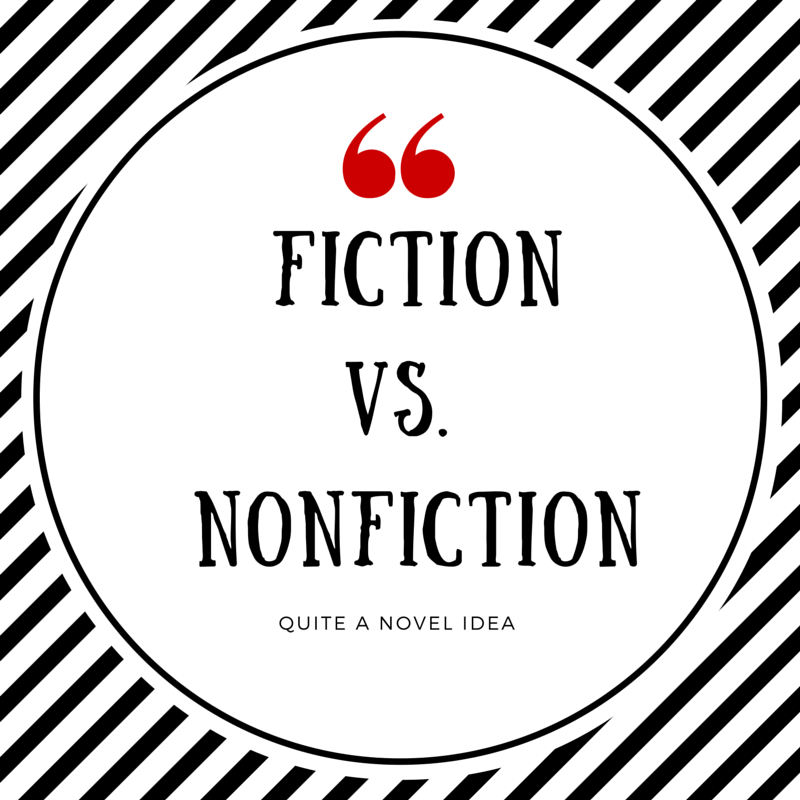
When it comes to writing I prefer non-fiction and easy to
compile stuff, like this blog. In reading I go the other way, towards fiction.
I find writing stories very challenging, unlike personal stuff and observational
content. Current events and opinion always feel like a natural fit
for me. I seem to gravitate toward news and politics. This weird FOMO instinct
kicks in every time someone says “Hey did you hear about…?” and of course I
didn’t. I really hate that.
When it comes to books though I like novels, mostly. Not sure why. It probably has to do with the adventure or mystery. No one reads a chapter in James Patterson book and goes “Well,
that’s enough for today” With
non-fiction I always feel like I need to take notes. I guess it’s a lingering
effect of hours spent in the classroom. Like I’m afraid someone might ask me to
summarize what I just read. But learning happens in stories as well as with
fiction. I make distinctions between non-fiction in story form and the
traditional biography or self-help variety.
There is a misconception among those who read non-fiction,
that it’s the choice of 'learners'. One of my favorite lines from the movie Sideways is from Thomas Haden Church’s
father in law, “I think you read something, someone just invented it--waste of
time.” It sums up the feeling people have about stories.
The lines get blurred in memoirs, since most of the details
are accurate but include a lot of filler to round out the best remembered parts. I read a book called Back to Moscow from a European student
getting his Master’s in Russian Literature. He lived in Moscow for a few years
while reading the classics (Tolstoy, Pushkin, Dostoyevsky). He mostly just went
to night clubs and hooked up with women while ‘trying’ to get work done. His
project probably needed a year or less but he lived there for three, partying and boozing hard. He details
the city and summarizes the literature throughout, sprinkling the story with
digressions on famous characters like “Ana Karenina” and “Natasha Rostova”.
He also covers events in Moscow during the early
2000s, including the Theater hostage crisis which he was there for. I won’t
ruin the ending but it ties in perfectly with the tragic lives’ of the heroines
he studies. It isn’t traditional fiction where the story is completely whole
cloth, he probably embellishes a bit but it reads like a fiction. It isn’t a
textbook or a classic (hardly) but I learned enough.
John Grisham novels are pure fiction. He does courtroom and
legal dramas better than anyone. He creates rich characters and his
stories reflect time and place better than most; he doesn’t overwhelm readers
with countless people and unbelievable plot twists. We probably don’t realize
we’re learning about the people and culture while also guessing where the
story will lead. It’s the best kind of learning too, heavy on personal story
and light on facts. In this way his books are fun and engaging. There’s probably
a bit of truth in most of his stories despite being technically a fictional
account. Scenes from his childhood, nasty behavior from strangers and courtroom
experiences all round out his novels.
The most common distinction between fiction and non-fiction
is whether something really happened. But this isn’t a great distinction either. Ernest Hemingway supposedly wrote fictional accounts of
American expats in France, Italy, and Spain but as a reporter living abroad he
must have taken some of it from his own experience. Nearly all of his
characters drink excessively, something he was known for. In The Sun Also Rises, Hemingway shows Parisian friends attending the annual bullfighting celebration in Pamplona. His
interest in the tradition is obvious by the way he describes the fiesta in the
pages. Bullfighting as art is the theme, a pure craft set apart from drunk,
partying foreigners. The story is set in the 1920’s and even though the Paris
group is hedonistic and out for fun, bullfighting is described technically.
There is some criticism that Ernest Hemingway didn’t get it just right, but
this is probably where the fictional aspects kick in.
Everyone who loves to read has asked themselves “What’s the
point? What do you hope to get from this?” If the answer is enjoyment,
entertainment, adventure, than read fictional stories. If the answer is to get
better at X, or learn about Abe Lincoln, than read non-fiction. Better yet,
surprise yourself, pick up something completely random and see what you think. Same
goes for writing. I try to do short stories on occasion for the practice. The
dialogue is painful, the tale meanders and the characters are a little wooden,
but I try.
So many books are perfect combinations of both genres that
distinctions aren’t helpful anymore. Authors or subjects are better ways to
break down particulars. A lot of us prefer films to books. Shows based on
characters might be a way to explore books for those allergic to reading.
Amazon Prime has a series called “Bosch” based on Michael Connelly’s famous
Harry Bosch detective crime books. Amazon’s Bosch is a little too clean and fit
for what I imagined the middle aged cop to be. That’s a risk we all take when
going from film to page though. Images don’t always meet expectations.
In any case we could all probably read more.
No comments:
Post a Comment